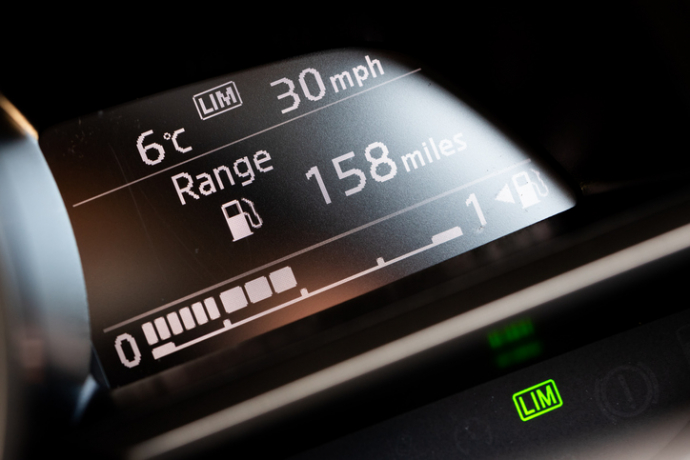
We’ve known for decades that higher traffic speeds increases road danger. As a general rule for every 1 mph reduction in average speed, collision frequency reduces by around 5% (Taylor, Lynam and Baruya, 2000).
It’s the reason the ETA helped found 20s Plenty to campaign for a speed limit of 20mph to be normal on residential streets and in town and village centres, unless full consideration of the needs of vulnerable road users allows a higher limit on particular streets.
Rod King MBE, Campaign Director of 20s Plenty, said: “28 million people across the UK live in areas where 20mph speed limits are, or soon will be, the norm. There is a growing desire for lower speeds from both rural and urban communities by implementing wide-area 20mph speed limits. It is becoming increasingly clear that the national 30mph limit set nearly 100 years ago is neither wanted nor is fit to serve the needs of 21st century communities. Changing it to 20mph on a UK-wide basis is the logical next step.”`
42 new areas have so far opted to implement 20mph limits this year, taking the number of schemes to almost 600.

As a general rule for every 1 mph reduction in average speed, collision frequency reduces by around 5%
Can speed limiters for cars help reduce road danger?
Speed limiter technology has been around for half a century but has been fought against by the motoring lobby.
It’s taken a long time, but the European Union will have by later this year, the most stringent vehicle safety standards in the world. Advanced Emergency Braking (AEB), Emergency Lane Keeping Assist (ELKS), drowsiness and distraction recognition and Intelligent Speed Assistance (ISA) are all to become mandatory.
By July 2022 every new car sold in the EU will need to be fitted with these technologies. The DfT has yet to confirm whether the British government will make the technology compulsory on cars built in the UK.

By law, every type of speed limiter system must give the driver the option of overriding it for the duration of the current journey.
The most effective systems, already available as an option on several car models since 2015, cuts engine power once the legal speed limit has been reached. The driver can override the system by pushing further down on the accelerator pedal. Systems that intervene in this way could reduce road deaths by 20%.
However, following strong lobbying by the motor industry, the EU is also allowing a system to be fitted for which no research is available and which is expected to be far less effective. The most basic system allowed features an audible warning that starts a few moments after the vehicle exceeds the speed limit and continues to sound for a maximum of five seconds. Research by the European Transport Safety Council (ETSC) shows audible warnings are annoying to drivers, and therefore more likely to be switched off. Crucially, a system that is deactivated has no safety benefit.
Antonio Avenoso, Executive Director of ETSC commented: “More than twenty years after this technology was first trialled, it is great to see Intelligent Speed Assistance finally coming to all new vehicles in the EU. It is a big step forward for road safety. However, we are disappointed that carmakers are being given the option to install an unproven system that may have little safety benefit. We sincerely hope that carmakers will go beyond the minimum specifications and take full advantage of the life-saving potential of speed assistance technology. It saves lives, prevents serious injuries and saves fuel and emissions.”
Designing roads for lower speeds
Vision Zero, the systematic approach to road danger reduction pioneered to such success in Scandinavia relies first and foremost on engineering highways so that drivers stick to the limit. One of the challenges we face here in Britain is that the design of many roads has the opposite effect.
The ethical choice
The ETA was established in 1990 as an ethical provider of green, reliable travel services. Over 30 years on, we continue to offer cycle insurance , breakdown cover and mobility scooter insurance while putting concern for the environment at the heart of all we do.
The Good Shopping Guide judges us to be the UK’s most ethical provider.
Chris
Not only is it time for lower speed limits, there needs to be a credible likelihood of being caught and real consequences. Reasonable drivers would understand, but it’s the unreasonable drivers, especially the habitually unlicenced, uninsured, drink and drug drivers, who drive cars without MOT and VED.
But there are drivers who are in terms of paperwork are legal, who still fail to understand that bicycles are often as fast or faster than cars in congested towns and cities. These people often overtake me, and some of them are clearly irritated when some time later I overtake them.
Roads need to be designed to discourage speeding, in towns we need sharper corners, negative cambers, and much more besides, in order that drivers are psychologically discouraged from excess speed.
I believe psychological testing is needed for repeat offenders.